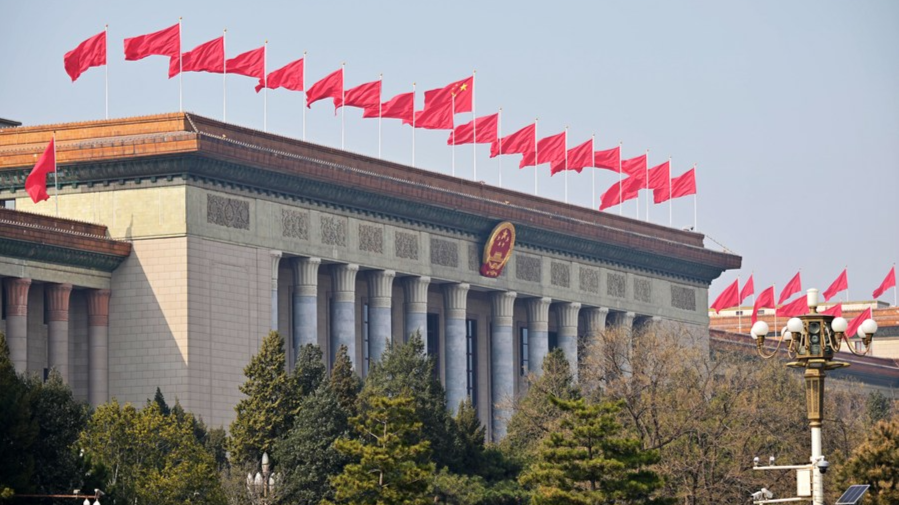
BEIJING - At an upcoming legislative session, China's national lawmakers will deliberate on law drafts regarding matters such as college degrees, national defense education, customs duties, and energy security, according to a press conference on Friday.
From April 23 to 26, the Standing Committee of the 14th National People's Congress (NPC), China's top legislature, will convene its ninth session in Beijing.
The session will also review a draft law on energy, which features stipulations on key fundamental questions in the energy sector, such as the improvement of energy planning, utility, storage, and emergency response mechanisms, said NPC spokesperson Yang Heqing
A draft law on the conferring of college degrees will be submitted for the second reading at the session, said NPC spokesperson Yang Heqing.
ALSO READ: China's top legislature schedules upcoming standing committee session
"By absorbing suggestions from various sides, the draft law makes further amendments to the requirements and procedures for conferring college degrees and specifies relevant accountability to make the whole process more rule-based," Yang said.
At the session, draft revisions to the law of national defense education, which further specifies the objective, content, and approach of relevant work in various schools, will also be reviewed.
A draft law on customs duties will be submitted to the session for the second reading. In keeping with the country's reform to streamline customs clearance, the draft law further refines the system of customs duties collection and management, said Yang.
READ MORE: Suggestions made by NPC deputies set to be implemented
The session will also review a draft law on energy, which features stipulations on key fundamental questions in the energy sector, such as the improvement of energy planning, utility, storage, and emergency response mechanisms, said Yang.


